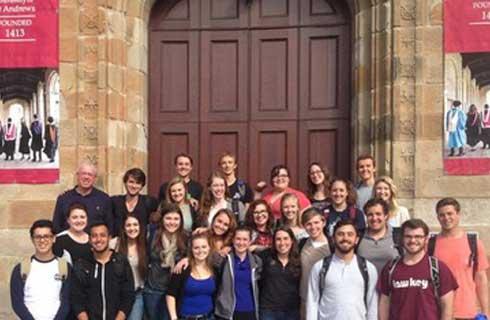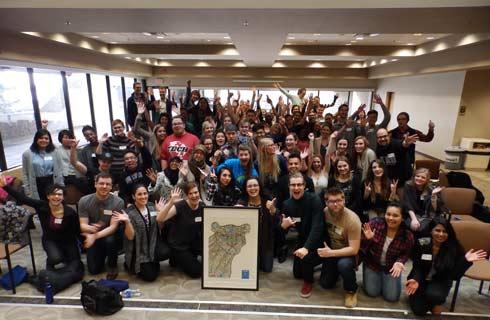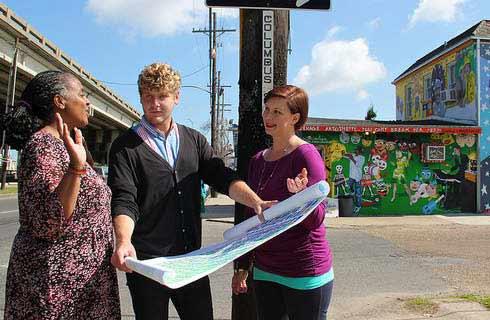- IDP China>
- 课程库>
- 人文科学>
- 家庭与消费科学>
- 人类发展,家庭研究和儿童保育>
- Bachelor of Arts in Human Development - Adolescent Development
Bachelor of Arts in Human Development - Adolescent Development

学历文凭
Bachelor Degree

专业院系
Department of Human Development and Women's Studies

开学时间

课程时长

课程学费

国际学生入学条件
TOEFL iBT Total Score - 61 total.
IELTS Academic Overall Score - 6.0 overall
IDP—雅思考试联合主办方

雅思考试总分
6.0
- 雅思总分:6
- 托福网考总分:61
- 托福笔试总分:160
- 其他语言考试:NA
CRICOS代码:
申请截止日期: 请与IDP联系 以获取详细信息。
课程简介
相关申请
 预科
预科 奖学金
奖学金 实习机会
实习机会 在校学习
在校学习 跨境学习
跨境学习 校园授课-线上开始
校园授课-线上开始 在线/远程学习
在线/远程学习
开学时间&学费
学费信息仅供参考,请与IDP联系以获取详细信息
| 开学时间 | 时长 | 学费 | 地点 |
|---|
本校相关课程

Bachelor of Arts in Anthropology - Archaeology and Biological Anthropology
学历文凭
Bachelor Degree
开学日期
课程费用总额


Bachelor of Arts in Art - Art History and Visual Studies
学历文凭
Bachelor Degree
开学日期
课程费用总额


美术学士-平面设计
学历文凭
Bachelor Degree
开学日期
课程费用总额


Bachelor of Science in Chemistry
学历文凭
Bachelor Degree
开学日期
课程费用总额


Bachelor of Arts in Chemistry
学历文凭
Bachelor Degree
开学日期
课程费用总额


Bachelor of Science in Biological Sciences - Cell and Molecular Biology
学历文凭
Bachelor Degree
开学日期
课程费用总额

其他相关课程

荣誉儿童发展学士
 圣力嘉学院
圣力嘉学院学历文凭
Bachelor Degree with Honours
开学日期
课程费用总额


儿童和青少年保健高级文凭
 尼亚加拉学院
尼亚加拉学院学历文凭
Bachelor Degree
开学日期
课程费用总额


儿童和青少年保健高级文凭
 凯布莱恩学院
凯布莱恩学院学历文凭
Bachelor Degree
开学日期
课程费用总额


社区服务和儿童研究基金会证书
 德恒学院
德恒学院学历文凭
Bachelor Degree
开学日期
课程费用总额


社会工作学士-儿童福利
 菲莎河谷大学
菲莎河谷大学学历文凭
Bachelor Degree
开学日期
课程费用总额


儿童福利证书
 北不列颠哥伦比亚大学
北不列颠哥伦比亚大学学历文凭
Bachelor Degree
开学日期
课程费用总额










 美国
美国
